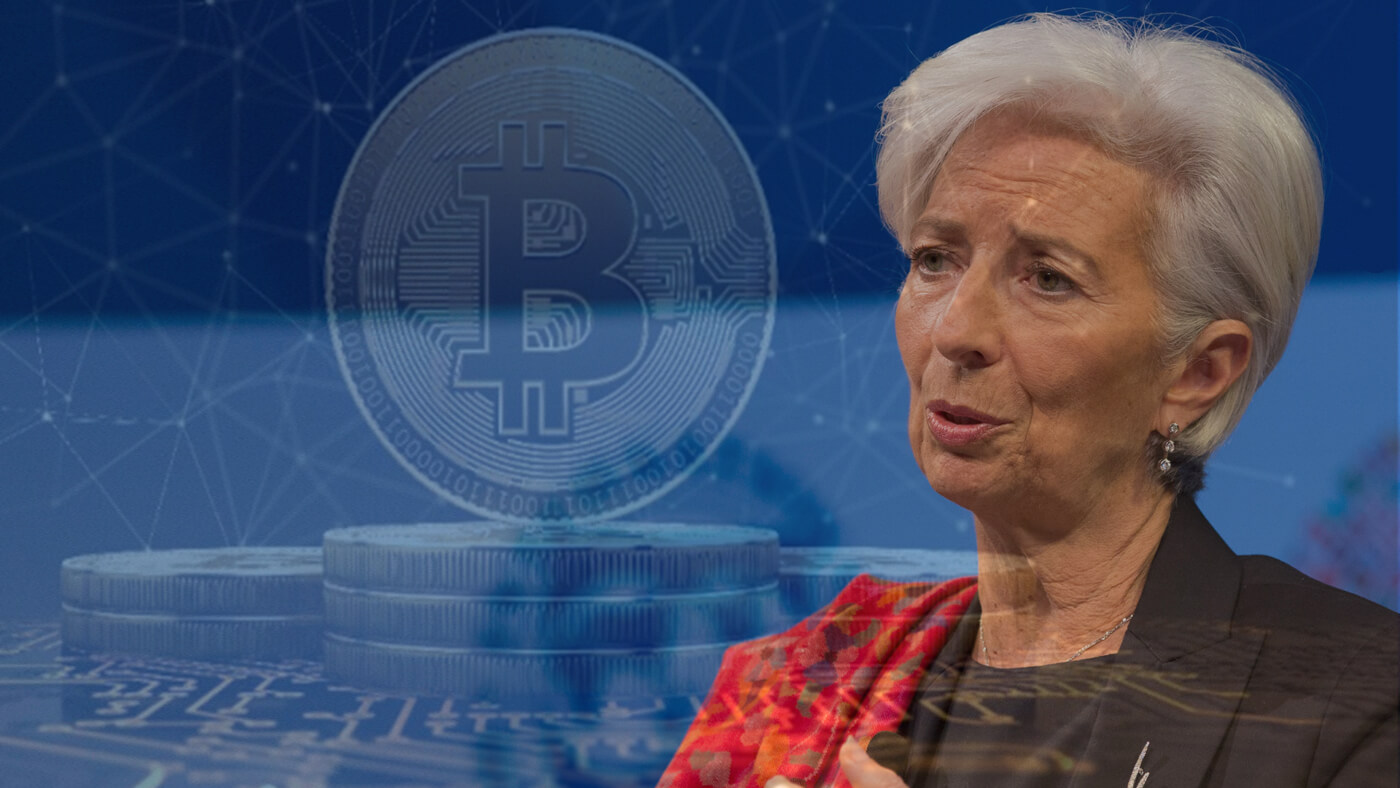The president of the European Central Bank, Christine Lagarde, has recently requested global regulation for Bitcoin.
She mentioned, in some cases, Bitcoin is used for money laundering and criminal activities and it is essential to ban some possible ways of these kinds of use of Bitcoin.
This is not the first critique of a Central Bank senior official on the present digital currencies and Bitcoin, the most famous digital currency.

Some of the Central Banks have been negotiating on the issuance of their own digital currencies especially after Facebook announced it has decided to launch its own cryptocurrency last year.
Even the Bank for International Settlement (BIS) and seven Central Banks such as the Federal Reserve, the European Central Bank, and the Bank of England laid out a preliminary framework for digital currency during a conference in 2020 and by publishing a report announced some main essentials of Central Bank digital currencies.
As Lagarde has affirmed one more time in her latest statement, global Central Banks believed that common digital currencies, including bitcoin, are a really persuasive property that not only turned into a funny business but also became a tool for money laundering.
But why do global Central Banks basically disagree with wide-spreading the use of decentralized digital currencies?
Digital currencies may have huge effects on the role of the Central Banks. Nowadays, Central Banks have authority over publishing money and currency, and they use the monetary policy for applying economic penetration, paying bank credits, adjusting inflation, economic growth, and unemployment.
Central Banks also determine the way of transferring digital currencies and supervise the process of their transactions. In this way, Central Banks help the governments to be informed about the rate of people's income, businesses and to impose a tax on them. Their observation also can lead to identifying criminal activities like money laundering. All of these controls in these fields disappear when the nongovernmental organizations publish their own specific currencies.
On the other hand, digital currency advocates believe that in the current situation, illegal actions like drug and people trafficking, and terrorism have found loopholes in the bank observation system and tax evasion is still happening around the world.
Therefore, banning the way of progressing digital currencies just because of making illegal money transferring and transactions more possible is not much rational, and it is an attempt to suppress legal gaps and corruption in the bank system, which is the consequence of their authority in publishing money process and determining the way of its transferring.
According to the European Central Bank report, Bitcoin is just one of the more than 1600 digital currencies in circulation all around the world.
However, some of the financial market experts with reminding failures of a lot of publishing decentralized digital currencies, know it difficult to gain public trust in this as an efficient way of trading.
They believe the recent Bitcoin price rising that multiplied four times more valuable over a year, made this digital currency more famous as a persuasive property like gold, and the possibility of making micro transactions with it as a common currency becomes more difficult day by day.